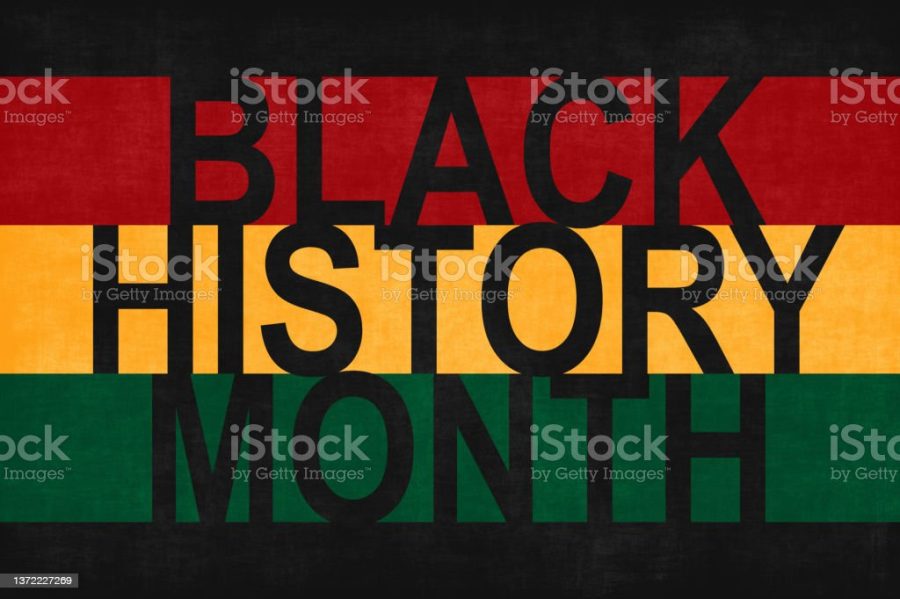Lone Star to celebrate event honoring Black History Month
Photo: Photo from Getty Images/iStockphoto
Black History Month Grunge Frame Red Green Dark Yellow Background Text Marbling Mural Abstract Paper Marble Concrete Cement Texture Banner Striped Pattern Close-Up Design template for presentation, flyer, card, poster, brochure, banner
Feb 15, 2023
Lone Star College in Montgomery is hosting a “Celebrating Black Excellence” night on Feb. 18, 2023 at 5 p.m. in the Performing Arts Center. The event will support and highlight “Black figures in a variety of professional arenas” and Black history according to the invite. The event is family oriented and anyone can attend. To attend, fill out the form that can be found at eventbrite.com.
February 1 is the beginning of Black History Month, a month that celebrates the triumphs and contributions of the Black community to society.
First introduced in 1926 by the group known today as Study of African American Life and History (ASALH), founded by Harvard educated historian Carter G. Woodson and civic leader and minister Jesse E. Mooreland. The idea originally started as a week of celebration. They chose the second week of February because both Abraham Lincoln and Fredrick Douglass’ birthdays happened to fall in that time period, according to History.
Black History Week spread in popularity throughout the United States and was eventually incorporated into different schools and communities as a way to celebrate Black accomplishments. According to History.com, as Black History week spread in popularity, more mayors around the nation started to proclaim it as a holiday until 1976, when President Gerald Ford declared that the month of February be recognized as “Black History Month.”
Every Black History Month has a specific theme chosen by the ASALH and 2023’s is “Black Resistance.” The ASALH chose this theme because “by resisting, Black people have achieved triumphs, successes, and progress as seen in the end of chattel slavery, dismantling of Jim and Jane Crow segregation in the South, increased political representation at all levels of government, desegregation of educational institutions, the passage of Civil Rights Act of 1964, the opening of the Smithsonian National Museum of African American History in DC and increased and diverse representation of Black experiences in media.”









